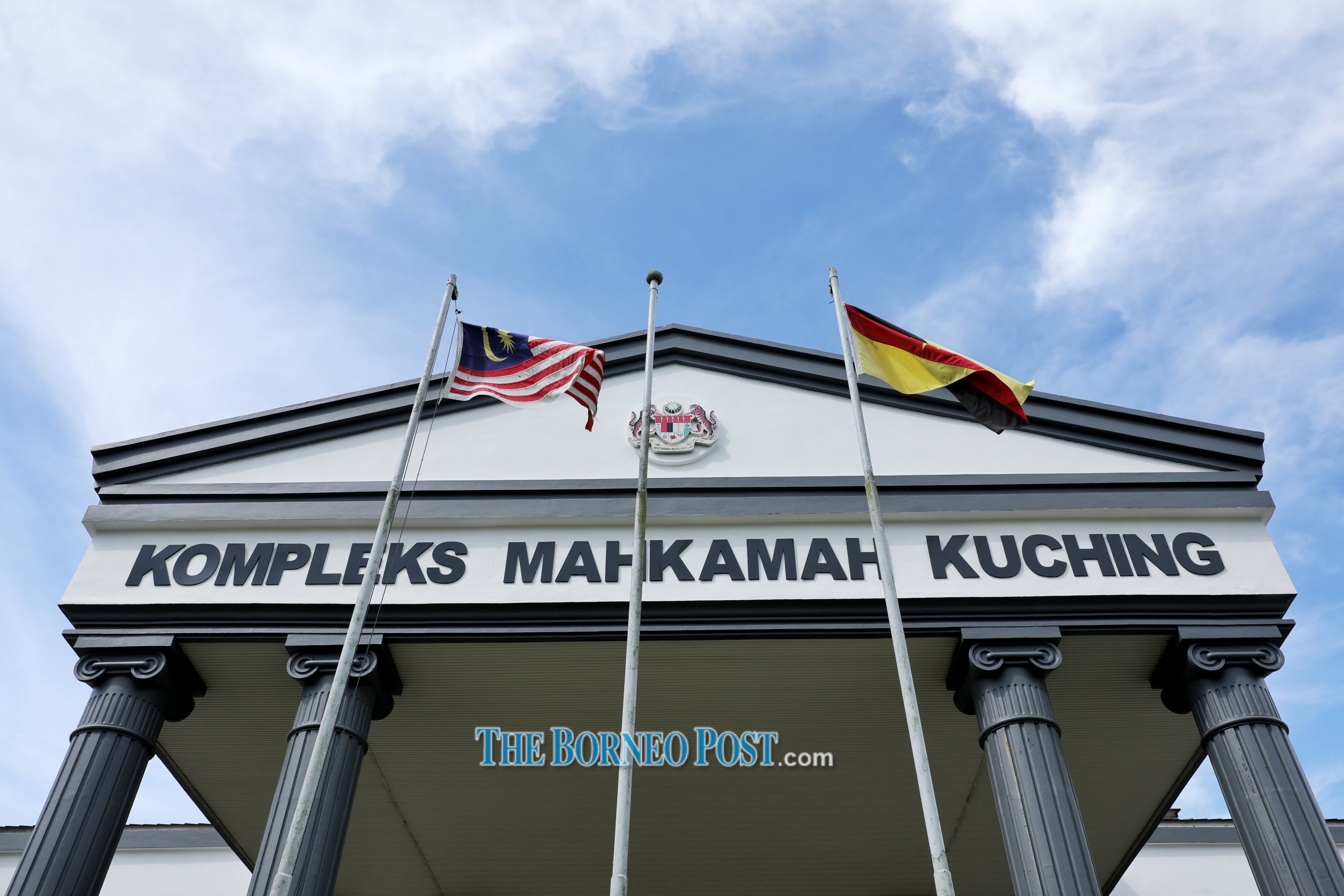ADVERTISE HERE

Lennise Ng
KUCHING (Jan 25): Out-of-stock issues have been a significant concern in the fast-moving consumer goods (FMCG) industry in Malaysia since the pandemic.
Rapid changes in consumer demand, especially during promotions, holidays, or seasonal peaks, can catch various suppliers and retailers off-guard.
Meanwhile companies with poor inventory forecasting, ordering practices, or delays in replenishment can result in out-of-stock situations.
From a retail perspective, overreliance on a single supplier or a limited set of suppliers can create vulnerabilities in the supply chain.
Hence, the use of artificial intelligence (AI)-powered tools such as Borong, a B2B solution for suppliers and retainers, can be the solution to the FMCG sector.
“We understand that Borong’s use of predictive analytics using AI means that businesses can be proactive, instead of reactive,” said
Borong chief executive officer and co-founder Lennise Ng in an interview with The Borneo Post.
“This data-driven decision-making allows businesses to remove the guesswork from the equation, using concrete information to personalise each order, increasing customer satisfaction and driving sales.”
Ng explained that AI has helped revolutionise the way Borong works by utilising predictive analysis to optimize inventory levels, reduce holding costs, and ensure that the right products are available at the right time, improving overall supply chain efficiency.

Borong’s use of predictive analytics using AI means that businesses can be proactive, instead of reactive.
It can also predict future demand for products based on historical sales data, seasonality, and market trends. This helps optimise inventory levels and prevents stockouts or overstock situations.
“In terms of dynamic pricing, the AI tool can apply predictive modeling to adjust pricing dynamically based on factors such as demand, competitor pricing, and market conditions,” she said.
“This ensures competitive pricing strategies and maximises revenue.”
It can adapt to analyse customer data and provide personalised product recommendations. This enhances the user experience and increases the likelihood of cross-selling and upselling.
It can also predict disruptions in the supply chain, enabling proactive measures to address potential issues. This includes predicting supplier delays, transportation issues, or geopolitical factors affecting the supply chain.
“While our presence in Sabah and Sarawak is at its nascent stage, we have already started working with distributors and key players in East Malaysia where the implementation of our system in their respective supply-chain ecosystem will ensure the distribution planning of inventories improves, especially towards the rural areas,” Ng added.
“What we have observed for East Malaysia’s supply chain issues are accessibility to products and pricing.
“There’s still a stark difference in product offerings and availability between retail outlets in East Malaysia when compared to West Malaysia.
“Borong aims to resolve this by working together with local distributors to enhance their product offerings and introduce more suppliers into the region.
“East Malaysians are still at a disadvantage in terms of pricing of typical FMCG items. This is mainly due to logistics and infrastructure costs to bring in these products.
“At Borong, we are dedicated to resolve this issue by working with key partners to lower the cost of logistics so that pricing of goods becomes more affordable.”
Ng outlined Borong’s passion in creating solutions that help improve the standard of living across communities in any location we operate.
“We believe that digitising the supply-chain is the way forward to ensure millions of lives across Sabah and Sarawak can have access to the right products, at the right price, from the right businesses,” she concluded.








 English (US) ·
English (US) ·